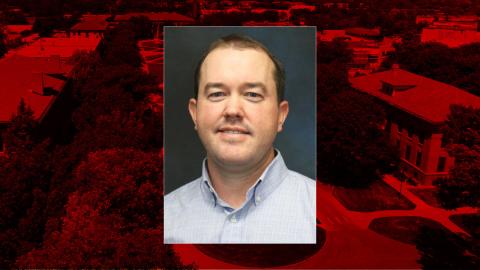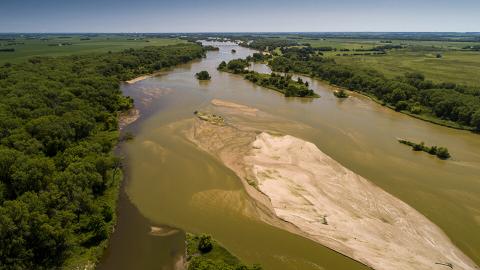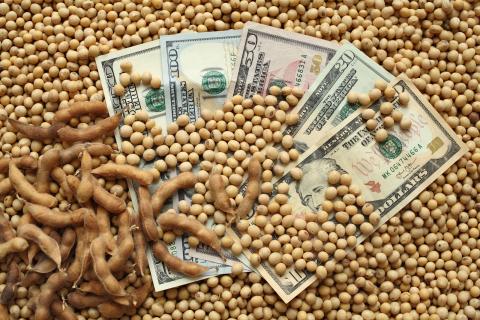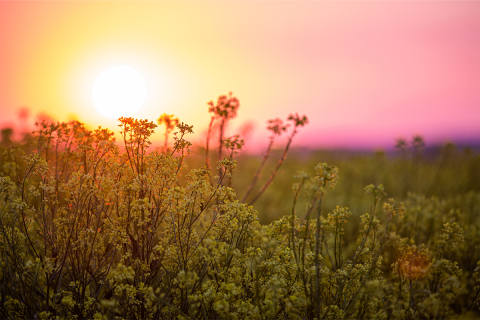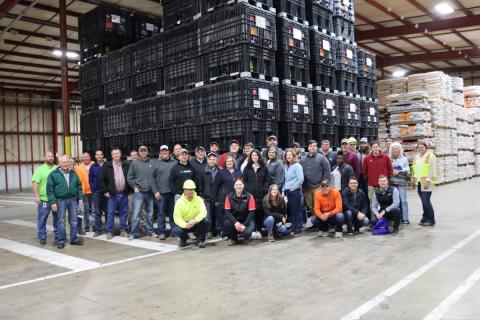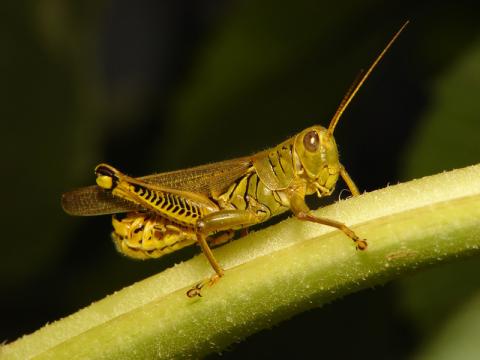Stephenson Named Associate Director of Panhandle Research Extension and Education Center
April 7, 2023
A leader in the study of foraging ecology, Stephenson's research focuses on grazing livestock distribution, targeted grazing, social association dynamics within cattle herds, and rangeland resilience on private ranches.
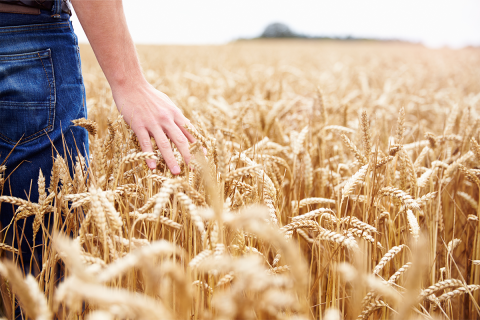
Nebraska 2023 Prospective Plantings
April 6, 2023
According to survey results, Nebraska winter wheat acreage is expected to increase by 17% in 2023, soybeans will remain unchanged, and corn acreage will be slightly down from 2022.
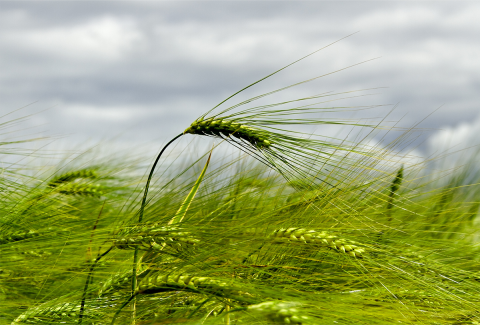
Nebraska March 1, 2023 Grain Stocks
April 6, 2023
All Nebraska grain stocks as of March 1 were down considerably from 2022, with the greatest deficit in barley at 59% down, followed by sorghum, 51%.
Water for Food Conference to Address Water and Food Security in a Changing World
April 6, 2023
This year's conference will focus on innovative ways to improve water and food security by increasing farmers’ resiliency to a changing landscape.
Nebraska Net Farm Income 2022-23 Update and Outlook
April 6, 2023
UNL ag finance experts review the latest farm income report, which suggests that Nebraska's net farm income will experience a modest rebound in 2023.
Webinar: The Growing Climate Solutions Act
April 6, 2023
UNL Ag Law and Water Law Specialist Dave Aiken offers an overview of the Growing Climate Solutions Act and what it means for agriculture with respect to ag carbon credit markets.
TAPS Program Kickstarts 2023 Competition Season
April 5, 2023
The 2023 TAPS Competition participants will soon make their first decisions of the growing season — watch for updates in the coming months as participants choose their seed varieties, manage nitrogen applications and irrigation, and more.
Pasture and Forage Minute: Alfalfa Seed Selection, Grasshoppers After Drought
April 5, 2023
This week — Reviewing seed selection to avoid anthracnose and Phytophthora root rot, assessing alfalfa stands and predictions on grasshopper populations following the 2022 drought.

